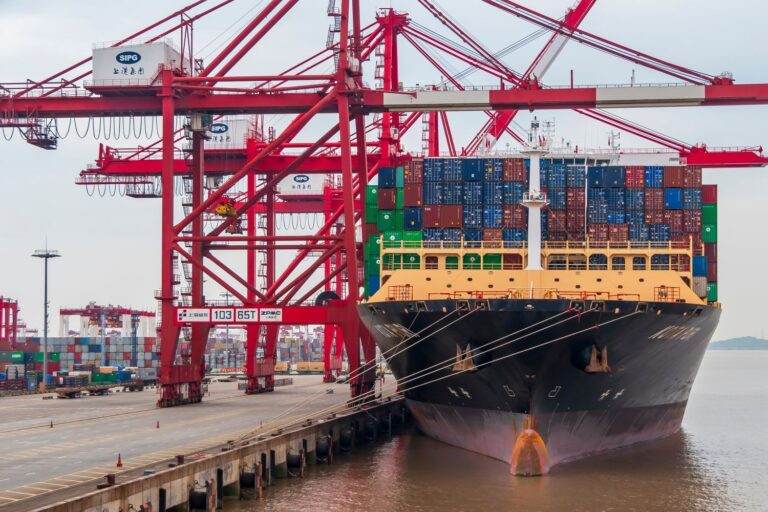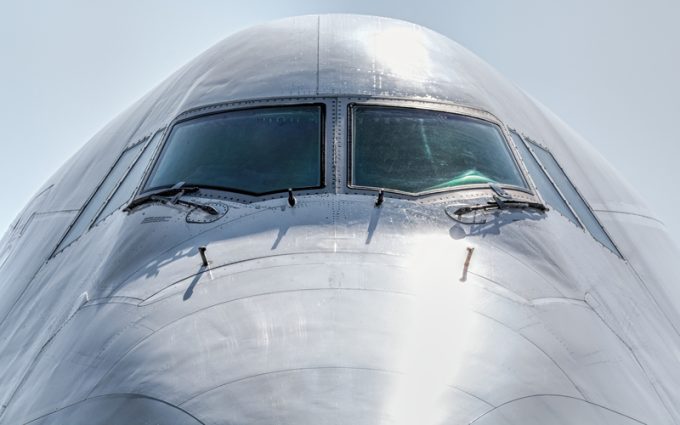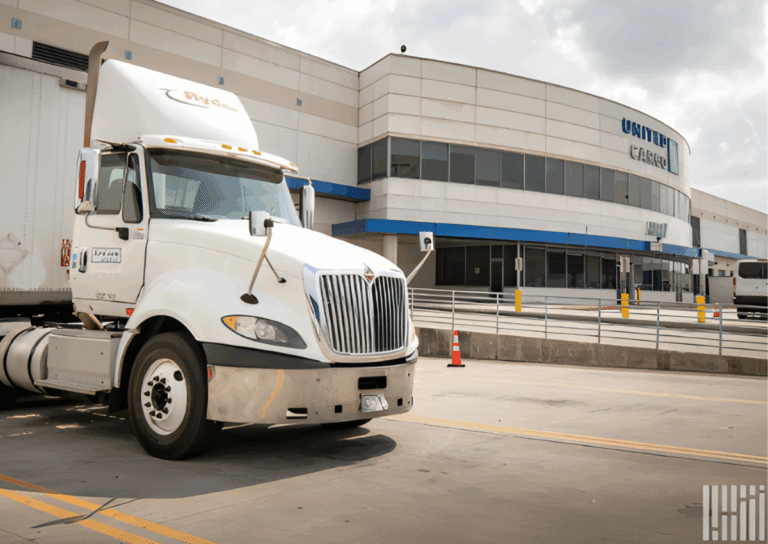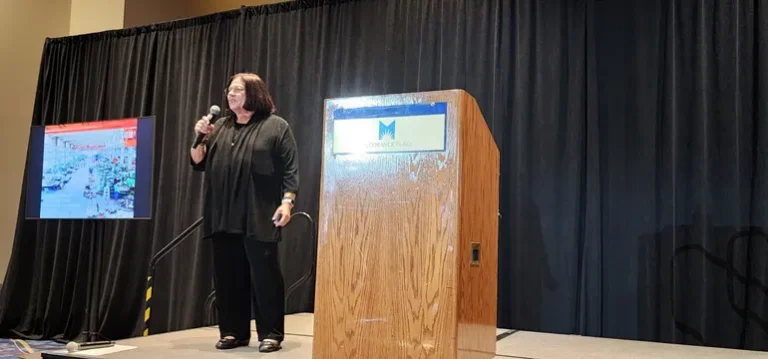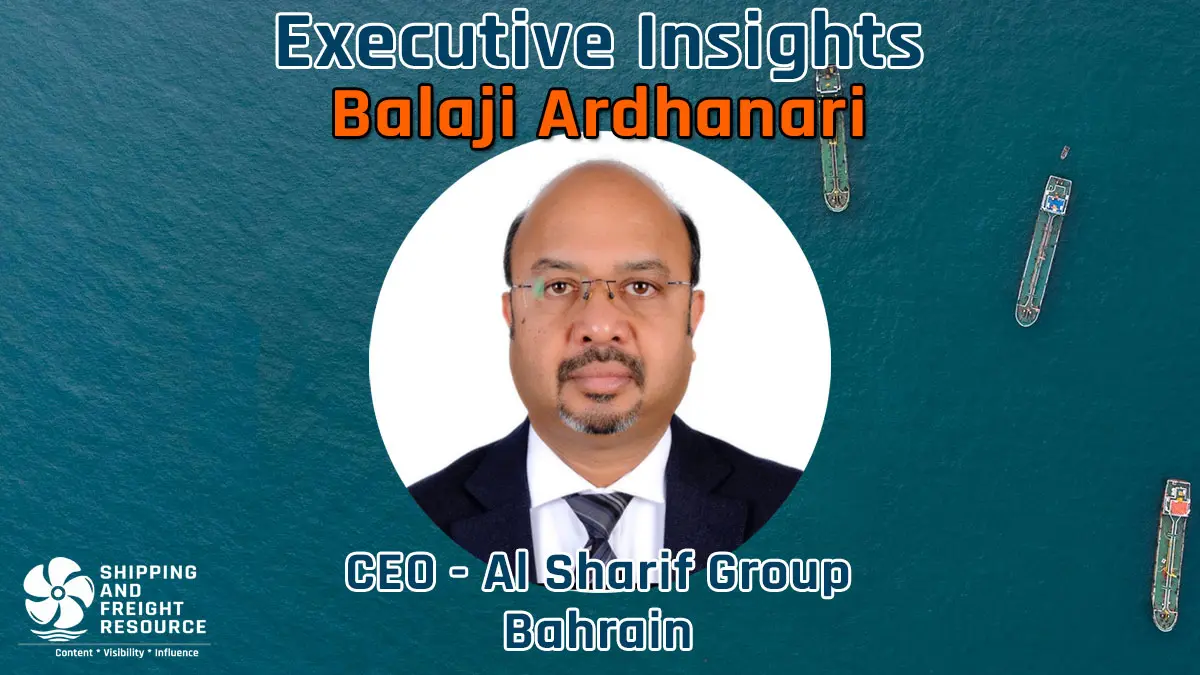
Jobs in transportation and logistics are constantly navigating in various forms, geopolitical uncertainty, digital transformation, and endless demand for resistance.
For companies that have more than a century of history, this challenge is even greater – how do you balance the legacy with innovation while you are related to an unstable industry?
To discover this, I sat with it Balaji Ardhanari, CEO From El Sharif Group In Bahrain, a company with an impressive 135 -year -old in marine service, as part of me Executive insights Series ..
In an open and widespread conversation, Balaji shared his views on heritage, leadership, resilience, digitalization.
Also, why, even in a period of technology, “Relationships” The final distinction remains ..
SFR: 135 years in trade and it is also a great achievement in the transportation trade, highlighting the resistance of the El Sharif Group.
BA: “We have kept it very simple. The foundation is based on trust and relationships.”
He further emphasized that the longevity of such an unstable industry is not related to complex formulas but about consistency in values:
“We are a popular organization. Being in the service industry is everything about the people we have and what they have done over the years. Many people have been significantly assisted over the past 135 years. This is real power.”
For Al -Sharif, the values of confidence in the old school and people have continued to help the group’s climate as a group cornerstone to have decades of disruption and climate change.
SFR: You are not a stranger in her legacy, you have been in the industry for about 40 years. Give us a summary of how to get started and how you finished as one of the top transport organizations in the Middle East.
Balaji: “This was a very humble start in 1988 with United Line agencies in Chennai as a sales manager. Before, I hadn’t even seen a box of container closely.”
He reminded how exciting those days were because he first discovered transportation.
“I was lucky enough to work with a very strong transportation group in Dubai for 20 years. This is exactly where I learned the delicacies of international transportation and trade. Dubai was an international market, so that it was exposure to me. Everything I do today is all because of the foundation and learning.”
SFR: What crisis and disorder in the supply chain teaches you about leadership in the industry.
Balaji: “Cavid once again brought us back to basic principles. To get all the things we’ve learned, we had to learn. It was a great learning curve.”
He noted that epidemic organizations quickly reconsider their methods:
“We had to quickly change our work methods and do things differently. The supply chain was important to keep any place in any country. We all saw the kind of challenges that have arisen, we saw a service disorder, shipping time, cost, promise, promise to customers. But resistance.
Takeway: Compatibility, flexibility and transparency with customers are now unacceptable features of supply chain management.
SFR: Who was your coaches and biggest impacts ..?
Balaji: “My 20 -year presence in Dubai taught me a lot. My master coach Mr. Shyam Kapur arrested and taught me in many cases. It was a privilege in those days.”
Beyond professional coaches, he gave his family value to form his vision:
“My uncle once told me,” If you want to be in the business, it doesn’t matter what it is, you have to let your breath. There will be situations that you may have to swallow and look at a larger image – the customer’s interest and interest. As long as you can remember it, you will succeed. “
He added: “Working with the great employers strengthens the discipline, humility and responsibility.”
SFR: The transportation industry has changed drastically since the late 1980s. In your opinion, it will never change .. ??
Balaji: “Customer connection. Standing with a customer, customer understanding. Technology will come, technology will go, but we live on customer connection and relationships. This is something that never changes, and I will never compromise for anything.”
To what extent he shared a personal memory to show this industry:
“In 1988, a 2750 TEU ship was a mother-in-law. At that time it was a big job. Today, the ships are ten times the size. But no matter how big ships are or how advanced technology is, the essence of the industry is still the same-there for your customer.”
SFR: How companies can create a gap between heritage practices and modern business models.
Balaji: “You have to change in accordance with market conditions. You get your past experience like a bank and use that savings with new learning to build current solutions.”
He explained that although the legacy experience is very valuable, he should never be used as an excuse to resist change:
“I want to maintain my experience, but I want to learn everything. If I stay in the past, I will go back. You can’t forget your experience, but you can’t also avoid matching. Technology, Communications, Customer demands – all change very quickly. You have to evolve.”
SFR: What is your view of artificial intelligence and technology in transportation?
Balaji: “Technology is a two-way weapon. When the Internet came, we thought the jobs were gone-but what happened? These are the technologies evolving. We need to see how we can use them to improve productivity.”
“There are many repetitive and repetitive processes that can be depicted by modern technology. If we allow AI to control them, we can use our people for creativity and customer relationships. This is about how you use it without losing your creativity.”
SFR: Finally, what advice do you get to the next generation?
Balaji: Only three things: relationship, relationship, relationship. Nothing else matters. I will remind him of an initial lesson from his coach – “Why will your mother do something for you? Because of your cord relationship with her. Customer relationships are exactly like that. As long as you nurture meaningful, honest and decent relationships, everything will be controllable.”
End
Balaji Ardhanari reflections highlight a paradox at the heart of modern transport: while technology and scale accelerate, the most enduring advantage is still the simplest – trust, humility and relationship ..
You can see the full interview with Balaji Ardhanari below.
https://www.youtube.com/watch?v=qiin8_9CM7G
